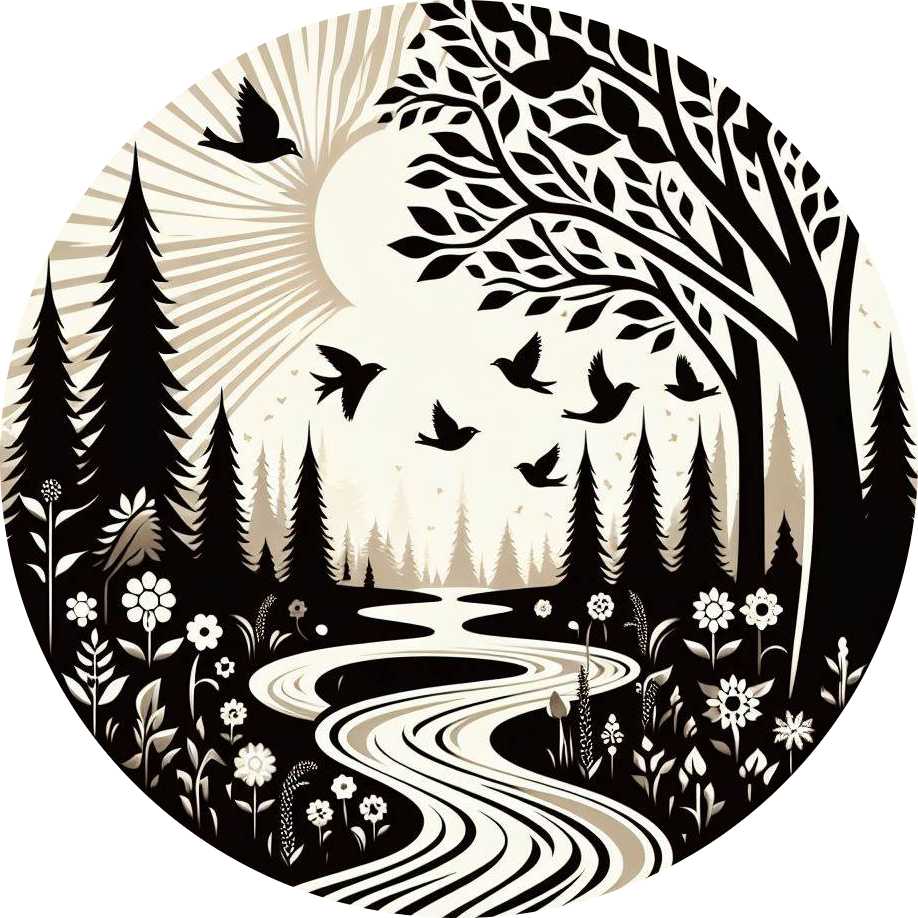🏕️ A peaceful web framework for Gleam that targets JS.
✨ Features:
- Request & response helpers
- Helpful middleware
- File streaming
- Websockets
- Bring-your-own server (optional)
- Easily deploy on serverless platforms such as Deno Deploy
...and other nice-to-haves!
Install all requirements:
gleam add glen gleam_http gleam_javascriptOr just Glen:
gleam add glenimport gleam/javascript/promise.{type Promise}
import glen
import glen/status
pub fn main() {
glen.serve(8000, handle_req)
}
fn handle_req(req: glen.Request) -> Promise(glen.Response) {
"<h1>Welcome to my webpage!</h1>
<p>Make yourself at home 😄</p>"
|> glen.html(status.ok)
|> promise.resolve
}Glen is heavily based off of Wisp, and many of Wisp's examples can easily be ported to Glen. Glen also has an example application of its own in ./test.
Glen's serve function only works on the deno runtime, but you can bring your own server so Glen can work on any runtime, such as Node.js (>= v17.0.0) or Cloudflare Workers. The convert_request and convert_response functions are here to help you with this.
Cloudflare Workers example
Glen's
staticmiddleware will not work on the Cloudflare Workers runtime since it does not support thenode:fsmodule. Everything else should work as expected.
src/index.js
import * as glen from '../glen/glen.mjs';
import * as my_app from './my_app.mjs';
export default {
async fetch(request, _env, _ctx) {
const req = glen.convert_request(request);
const response = await my_app.handle_req(req);
const res = glen.convert_response(response);
return res;
},
};src/my_app.gleam
import gleam/javascript/promise
import glen
import glen/status
pub fn handle_req(_req) {
"On a Cloudflare worker!"
|> glen.html(status.ok)
|> promise.resolve
}wrangler.toml
main = "build/dev/javascript/my_app/index.js"
# ...Documentation can be found at https://hexdocs.pm/glen.
You will need to have Gleam and a JavaScript runtime (most likely Deno) installed for developing Glen.
gleam run # Run the project
gleam test # Run the example applicationContributions are encouraged and greatly appreciated! Please note that the changelog should be updated accordingly (this is something that everyone has trouble remembering, including me 😅).



